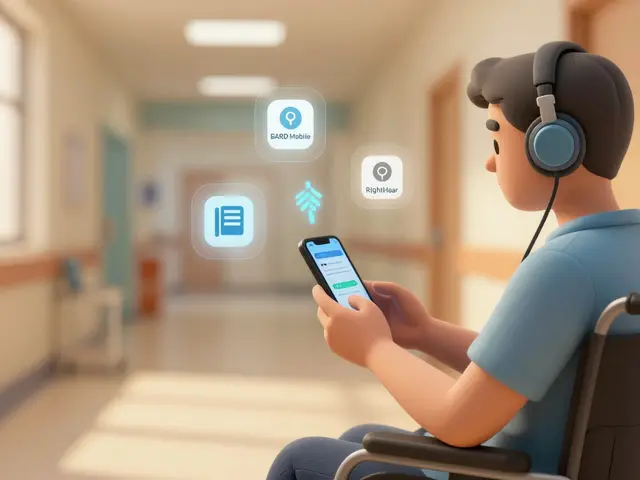In my research, I've found that combining Simvastatin, a popular cholesterol-lowering drug, with grapefruit can be a risky mix. Grapefruit contains compounds that interfere with the enzymes that break down the medication in your body, leading to higher levels of the drug in your bloodstream. This can increase the risk of side effects, including muscle damage. Therefore, experts often warn against consuming grapefruit when taking Simvastatin. It's always best to consult with your doctor about potential food-drug interactions.
Grapefruit and Your Meds: What You Need to Know
Did you know one glass of grapefruit juice can change how a prescription drug acts in your body? Grapefruit (and some related fruits) can increase or decrease drug levels by blocking the enzymes and transporters that handle many medications. That can make side effects worse or make a medicine less effective—sometimes dangerously fast.
How grapefruit interferes with drugs
The main culprit is CYP3A4, an enzyme in your gut that breaks down many drugs before they enter the bloodstream. Grapefruit contains compounds that block CYP3A4, so more drug gets into your system than expected. Grapefruit can also affect transport proteins (OATPs), which can lower absorption of some drugs. The result differs by medication—some go up, some go down.
Want a clear example? Statins like simvastatin and lovastatin can spike when taken with grapefruit, raising the risk of muscle damage. On the flip side, drugs such as fexofenadine (an allergy pill) may be less effective after grapefruit juice because of transporter effects.
Which drugs to watch
Not every medicine is affected, but watch out for these common groups:
- Cholesterol statins (especially simvastatin and lovastatin; atorvastatin can be affected too). If you take Lipitor (atorvastatin), check your leaflet or ask a pharmacist.
- Certain blood pressure meds (some calcium channel blockers like felodipine, nifedipine).
- Some anti-anxiety or sleep drugs (midazolam, triazolam) and certain pain or cancer meds.
- Immunosuppressants (cyclosporine, tacrolimus) used after organ transplants.
- Some antiarrhythmics and erectile dysfunction drugs may also be affected.
- Remember: pomelos and Seville (bitter) oranges can cause the same problems.
If a drug isn’t listed here, don’t guess. Check the leaflet or ask a pharmacist. The interaction can be small for some meds and huge for others.
Practical tips to stay safe
Start simple. Read the patient leaflet for any new prescription for a grapefruit warning. Ask your pharmacist directly: they see these interactions every day. If your drug is affected, your clinician might switch you to a medication that’s safe with grapefruit, or advise you to avoid grapefruit entirely.
Timing tricks don’t always work. Because grapefruit blocks gut enzymes for up to 48–72 hours, avoiding grapefruit only around dosing sometimes isn’t enough. Don’t stop or change doses on your own—talk to your doctor first.
Carry a short list of your medicines and tell any new prescriber or pharmacist about your grapefruit habits. If you like citrus, swap to regular oranges or apple juice after checking compatibility—those usually don’t cause the same enzyme block.
Questions about a specific medicine? Ask us or your pharmacist. Small choices at the grocery store can have big effects on your treatment, so it pays to double-check.


